When Caryn Nicole Paolini was last profiled here at Gym2k.com, back in 2013, she was an elementary school psychologist in her native Chicago, on track for a successful career in that field. With a history of yo-yo dieting and eating disorders, though, the 4-foot-11, 95-pounder had turned to the gym to turn her health around and, in the process, discovered the joys of fitness. At the time of that interview, she’d been training for about 18 months and had just won the 2013 Gym2k.com Fit USA Model Championship.
Fast forward five years, and Paolini has dived even deeper into fitness—and has thrived in it. She now lives in San Diego, working as a professional bikini competitor, certified personal trainer, fitness model, psychologist, sports nutritionist, digestive health specialist, and entrepreneur.
“Fitness saved my life,” she likes to say—an idea many high-level fitness competitors echo. But fitness didn’t simply save Paolini, it also forced her to make some tough decisions—and eventually to remake her life. Today, her goal is not just to transform herself, but to help others do the same.
 ://www.bodybuilding.com/images/2018/september/caryn-nicole-paolini-the-courage-to-change-1-700xh.jpg”/>
://www.bodybuilding.com/images/2018/september/caryn-nicole-paolini-the-courage-to-change-1-700xh.jpg”/>
An IFBB bikini pro since 2014, the 31-year-old Paolini has competed frequently, finishing as high as second at the 2016 Musclecontest Pro. She was also runner up at the BodySpace Spokesmodel Search.
“Passionate” is a word she uses often as she describes her evolution. For Paolini, it’s all about how good you feel when you wake up every morning and face the day.
Five years ago you were in Chicago with a Master’s degree and a good job as an elementary school psychologist. How did your dream change?
I was very passionate about psychology and behavior change. I went to graduate school at the Chicago School of Professional Psychology and got a job right away, so I was very blessed in that regard. But I can honestly say that from day one I didn’t feel the passion that I feel now when I wake up in the morning. I’m so excited about what I’m going to do for the day.
What made you realize you were missing that feeling?
Probably when my own fitness journey started taking off and I began experiencing new things that gave me fulfillment and genuine happiness. I got my pro card, received a sponsorship, and I became really passionate about nutrition and working with clients of my own.
At the same time, I struggled with the discrepancy between what I was doing and what I wanted to be doing. I had invested so much time and money into my education, and I was afraid that if I made a change, I would be wasting it all. I felt anxious and depressed, to the point where I had to seek therapy. It got to the point where the person who I was at work was not my most powerful and effective self, which eventually took a pretty drastic toll on my mental health.
I continued working at the school for about three more years. Finally, I reached a breaking point. My therapist recommended I take a leave of absence, which I resisted for six months, because it made me feel like I’d be a quitter.
Therapy helped me realize that taking that leave of absence was not me quitting, but me putting my mental and emotional health first. Showing up at the school without feeling fully present was a disservice to the children, my colleagues, and myself.
 ://www.bodybuilding.com/images/2018/september/caryn-nicole-paolini-the-courage-to-change-2-700xh.jpg”/>
://www.bodybuilding.com/images/2018/september/caryn-nicole-paolini-the-courage-to-change-2-700xh.jpg”/>
You’ve talked about how fitness saved your life. Is that an exaggeration?
No, it really did—in multiple ways! The reason I love working with my fitness clients so much is that I was that person: I was the girl who did each and every extreme diet, yo-yoed in weight, and never felt confident in my body. I dealt with those issues all through college and graduate school, to the point where I developed an eating disorder. I thought to lose weight I had to restrict calories and do all kinds of cardio. At one point I was consuming just 800 calories a day. It was pretty scary.
It wasn’t until right after I got out of graduate school that things changed. I just decided to put one foot in front of the other and start finding my way toward a career in fitness. I didn’t know anything about lifting weights, so I hired a personal trainer and worked with him for 12 weeks. I also did a lot research about nutrition. I remember downloading my first diet off Gym2k.com in 2011.
I remember that day because that’s when I learned that I needed to eat more—not less—ifI wanted to transform my body.
What brought you to Southern California?
Even when I was a kid, I knew I wanted to live here someday. When I resigned from my psychologist position in Chicago, I realized in that instant that I didn’t really have anything holding me back, so I packed up and moved to Los Angeles and then to San Diego, which is where I live now.
 ://www.bodybuilding.com/images/2018/september/caryn-nicole-paolini-the-courage-to-change-3-700xh.jpg”/>
://www.bodybuilding.com/images/2018/september/caryn-nicole-paolini-the-courage-to-change-3-700xh.jpg”/>
It’s a little bit slower here than in LA, which I like, but I also live downtown, so I still feel some of that “city vibe.”
As an IFBB bikini pro, you’ve scored everything from second to sixteenth. What lessons do you take away from your ups and downs?
One is that the sport is so subjective. You could step onstage in front of one panel of judges, and win second place. Stand in front of another panel with the exact same package and come in 16th. It just seems to depend on what the judges are looking for at the time, and on who else is in your lineup. If I’m in a lineup with 5-foot-8 or 5-foot-9 girls carrying a lot of muscle, little 95-pound me is probably not going to be in the top five.
People look at those lower placings as defeats, but I feel successful no matter how well I do. I’m onstage to compete at a professional level, not to get validation from a judge. I’m here to celebrate all of the frickin’ hard work I’ve put into my physique. As long as I’m improving, as long as I’m growing, I’m successful.
What do you work on the hardest with your physique?
I focus on building my lower half, making my glutes full. I lean out really easily, so I have to keep my conditioning right on point. I don’t have a lot of wiggle room.
Being naturally lean is a blessing, but it’s also a challenge because I have to struggle so hard to retain muscle on my lower half.
What exercises do you like best to build the lower body?
I do lots of different things, starting with compound movements, including those bigger lifts like squats and deadlifts. I steer clear of traditional squats because I have some sciatic nerve issues. Instead, I do half squats and reverse hack squats. I also do a lot of glute-isolation activities like barbell thrusts.
What are your competition plans?
I don’t have any at the moment. I went super hard as a pro for almost five years, which took a toll on my body. So right now, I’m focused on getting my health back to where it needs to be, and on my coaching business.
Right now my mind and my heart are into helping other women become their best selves. What makes me feel like I’m winning is when one of these women tells me I’ve changed her life, or that she’s finally feeling fulfilled, happy, and confident.
Do you train competitors or just regular people?
I do have some clients who are competitors, but the vast majority of them are your typical busy professionals and moms—women who want to feel their best from the inside out, and do so long term. A lot of them have gone through different cycles of extreme diets and are sick of it. I teach them an enjoyable, sustainable approach to fitness.
What does it mean to be a “digestive health specialist”?
It means I coach clients dealing with different gastrointestinal issues—anything from leaky gut to IBS and other gastrointestinal disorders. I’ve dealt with digestive issues myself, and it’s something I’ve become very passionate about. We all go through our own struggles. Once we overcome them, we can teach other people how to do the same.
What’s your advice to someone who wants to compete?
I don’t have anything bad to say about competition, but I do tell my competition-prep clients that getting there requires a slow, steady grind—and that preparing to compete is not necessarily healthy.
To be successful, they’ll have to go to the extreme ends of training and nutrition. I tell them their journey is going to require sacrifice, and then show them how to do it in the healthiest way possible.
I also always require my competition-prep clients to make a commitment to stick with me for at least eight weeks after they compete. I don’t want any of my clients dealing with post-show rebound. Jumping back too quickly to your “normal” diet can lead to rapid weight gain and GI problems. Give me that eight-week commitment, though, and I can put them on a healthy reverse diet that’ll slowly bring their metabolism back to maintenance level.
 ://www.bodybuilding.com/images/2018/september/caryn-nicole-paolini-the-courage-to-change-4-700xh.jpg”/>
://www.bodybuilding.com/images/2018/september/caryn-nicole-paolini-the-courage-to-change-4-700xh.jpg”/>
What is your own training focusing on these days?
When you’re training for a competition, your training is so incredibly structured. You have one style of workouts, bodybuilding-style. I did that for five years.
Since then, I’ve just wanted to have fun with my training. I still do bodybuilding-style workouts about three times a week, but I’ve been breaking it up with different things. At the moment I’m going to F45, a circuit-style workout that’s 45 minutes long without a break.
How do you fill your time outside of the gym? What’s your favorite thing to do to unwind?
I love being outside. I take lots of walks every day. Something about being outside helps me clear my mind. And I notice that if I’m not actually taking time for self-care, I sabotage my productivity.
Staying active comes easy to me because I have a big problem sitting still. It’s very hard for me to wind down and just relax. Some people do that by watching TV. I do yoga instead and listen to music and go to concerts. I’ve been boating my whole life, so I like to spend time on the water. I like to travel, too. My bucket list includes Thailand, the Amalfi coast in Italy, and Bali.
In five years you completely flipped your life. Where do you see yourself in another five years?
I love structure and having a plan, but it’s also important to allow yourself to follow your passion. If your interests change and the things you’re doing don’t resonate with you anymore, then change!
If you had told me five years ago that I’d be living in San Diego, working in the fitness industry, and taking my work breaks out on the beach, I would have said you were crazy. And yet, here I am.
Where do I see myself in another five years? I’m not sure, but I’m very adaptable. As long as I can pursue my goal of helping others find their ultimate happiness, I’m good. I believe the best way to find that happiness is through health, fitness, and a dedication to be our best selves. I’ll be happy if, in five years, I’m still helping people do that.
Gym2k.com Articles
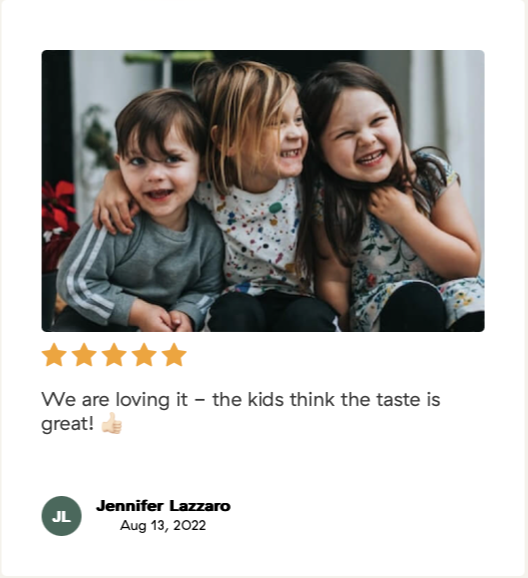
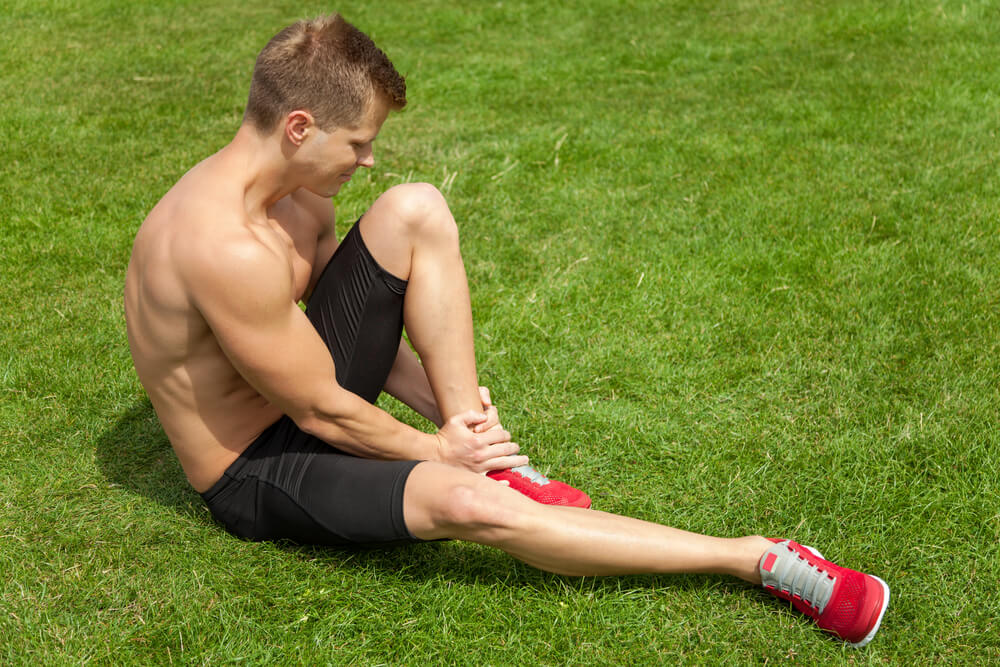
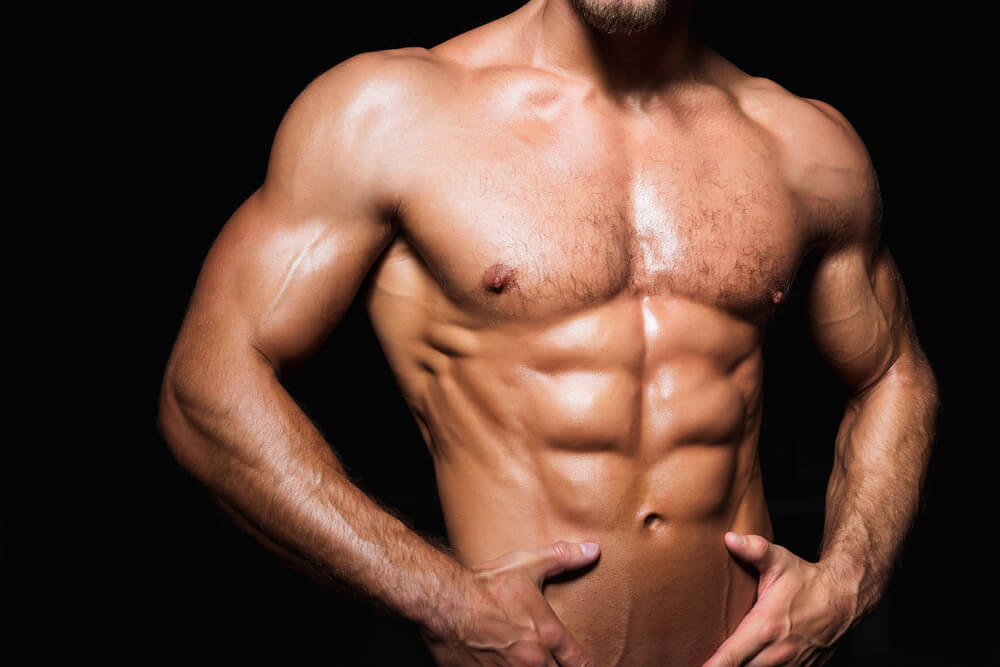
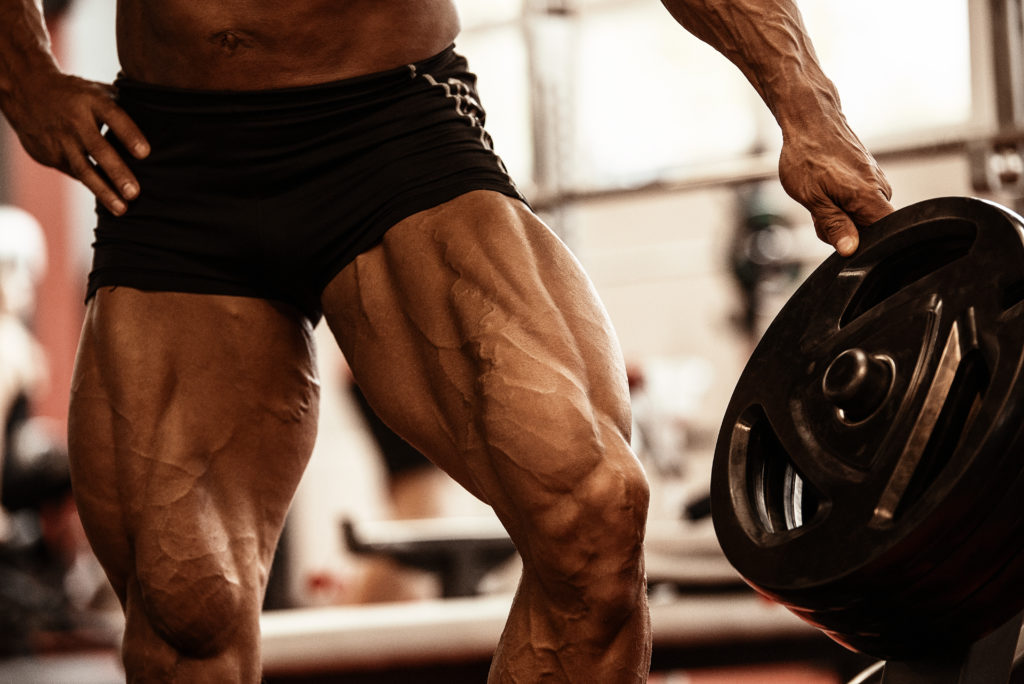
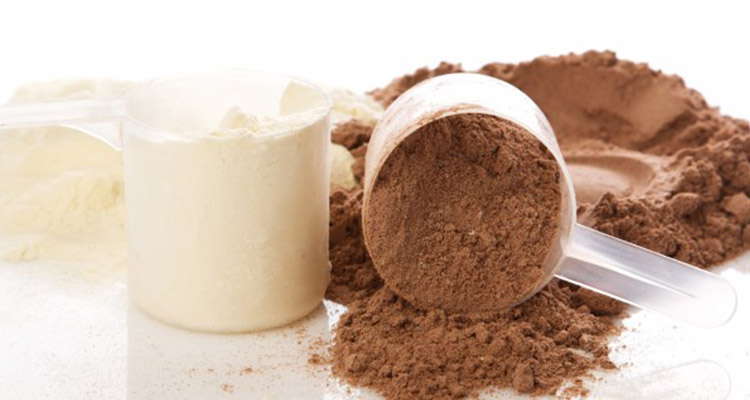

Leave a Reply
You must be logged in to post a comment.